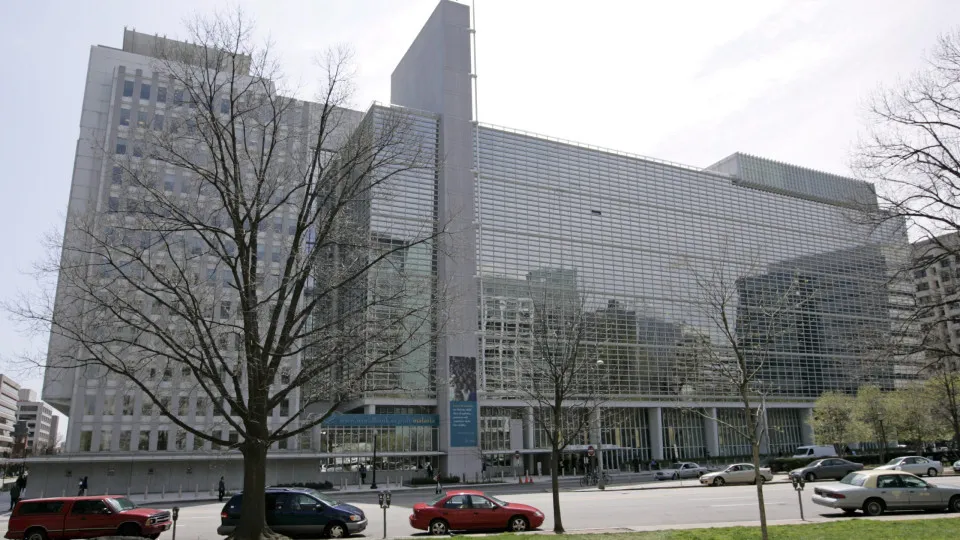
In Évora, during the conference “Administrative and Fiscal Jurisdiction – Outlook in Portugal and Europe”, the Minister was questioned by journalists about the effects of bad weather on various courts, noting that the country experienced “a very aggravated situation”.
“There are measures that are urgent, essential, that must be done immediately, [such as] an assessment of the most critical states. This situation is terrible not only for the courts, [but also] for the houses of the affected people,” she argued.
However, Rita Alarcão Júdice emphasized that “beyond the repairs that need to be done for people to work, the Ministry of Justice is developing a detailed investment plan for the courts.”
“We also want to define a maintenance plan because we know that, often, the state of the courts would be better if they had constant maintenance,” she added.
The official also recalled that “many buildings do not belong to the Ministry of Justice and do not depend on IFGEJ [Institute of Financial Management and Justice Equipment] for repairs.”
“But in these cases, the Ministry of Justice is available and has been making insistences with landlords so that corrections can be made,” she argued.
On Thursday, it was reported that the building housing the Labor Court of Faro and other judicial departments, with a pending request for works for years, was affected by the bad weather, with rainwater infiltrating the employees’ and magistrates’ workrooms.
According to the Union of Judicial Employees (SFJ), the building in Faro where rainwater entered, affecting the work of employees and magistrates, is rented to Estamo — a public capital company for buying, selling, and managing real estate and assets — and has had a pending request for repairs and maintenance from the Faro judicial district for several years.
Another report mentioned that the bad weather “caused several courts to experience water intrusion again.”
“In Faro, Sintra, Mafra, and Cascais, judicial employees had to use buckets and plastic bags to try to mitigate the effects of the rain,” highlighted the report, noting that the Portuguese Judges’ Union demanded “urgent intervention” in the court infrastructures from the Ministry of Justice.
The report also referenced the Sintra Court, which has been waiting since 2021 for a “major intervention on the building’s roof,” valued at 5.8 million, which “has not yet been included in the Ministry of Justice’s budget.”
Confronted about this specific case, the Minister of Justice indicated that “works have already been carried out and others are underway” at the Sintra Court.
“There is a lot of investment being developed in the context of Justice buildings. It is very demanding, and we are creating a comprehensive plan for the courts,” she added.
The execution of the works, “often, does not happen when we want because the tenders receive no bids, as there are no contractors who can carry out the work for the defined value. Therefore, it is a difficult undertaking to achieve, but we do not give up.”




